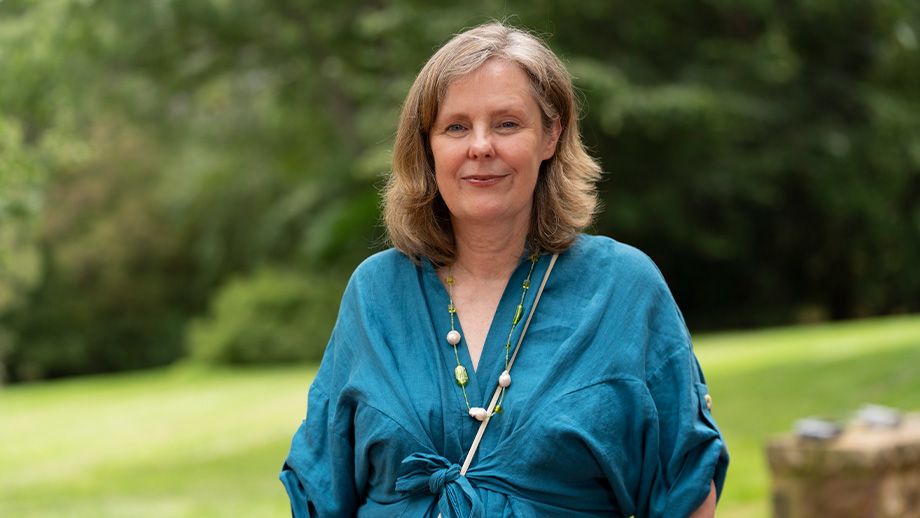Professor Fiona Jenkins

International Women's Day Profile
Please summarise your career journey and explain what you’re currently working on.
“I was first inspired with a sense of philosophy’s relevance through a course on feminist philosophy. Although, I ended up studying Nietzsche for my doctorate at Oxford, I kept coming back to feminist philosophy and later on to the question of why there were so few women in my discipline.
I came to Sydney University on a post-doc, working on a project on the performative force of art and language. Since joining the ANU and realising at a certain point that woman employed in philosophy were no less rare in the 2000s than they had been when I first studied in the 1980s, I became interested in gender equity as a goal and as a discourse. I have focused on how disciplinary norms intersect with gender and led an Australian Research Council (ARC) Discovery project on gendered norms of excellence, which also examined how factoring in gender perspectives has shifted research paradigms across social science disciplines.
This work fit really well with my role as the Convenor of the Gender Institute 2012-2015 and 2019 -2024. I’ve also been interested in the gendered politics and economics of care and wrote a lot on the significance of working from home during the pandemic. At the moment I’m working on some ideas about Acknowledgment of Country as a performative gesture – I’m thinking about what this speech act ‘does’ and whether there is anything problematic in this mode of recognition.”
What are you most looking forward to in your work/field?
“I just ran a workshop titled ‘Thinking from Everywhen: Philosophy, Indigenous Knowledge and Perspectives’. I’m excited to develop these connections and I think my work on change in the academy, with respect to the transformation brought by women and feminist perspectives, will be relevant.
I’m going to be heading to Montreal for an amazing workshop on epistemic oppression and decolonization at the end of May – I’m really looking forward to that as an opportunity to test some of my ideas on Acknowledgment practices. I’m also excited for all the IWD events that will be on over the next month.”
What’s your greatest achievement? Both personal and professional
“Ok – well, the personal has to be raising two daughters who are clever, strong, creative and kind.
Professionally, I’m proud of my stewardship of the Gender Institute, which has nurtured and cultivated a different side of ANU from the ANU I entered and endured in the days when fewer than 15% of women were professors here.”
Who or what inspires you?
“I have learned a huge amount through my time in the Gender Institute and I have had wonderful mentors including Hilary Charlesworth, Margaret Jolly and Kim Rubenstein. One of the things that has been life changing for me has been simply getting thrown in the deep end to develop and support projects large and small. For example, I got involved in a project that represented civil society in holding the Australian government accountable for action on the UN’s Women, Peace and Security (WPS) agenda.
At the beginning of the process, I was baffled by all the acronyms and by how people in the NGO and advocacy sector worked. At the end of it, I’d run three amazing WPS civil dialogues and produced some influential reports evaluating policy and its results. Working on this with some extraordinarily persistent gender advocates was an incredible experience. Learning by doing is a great way to go!”